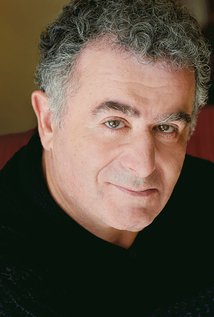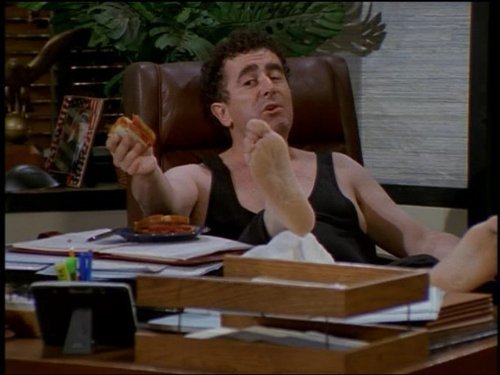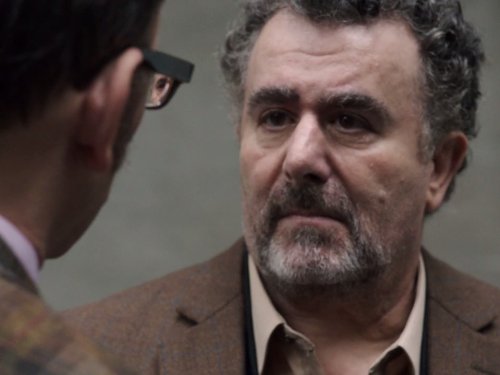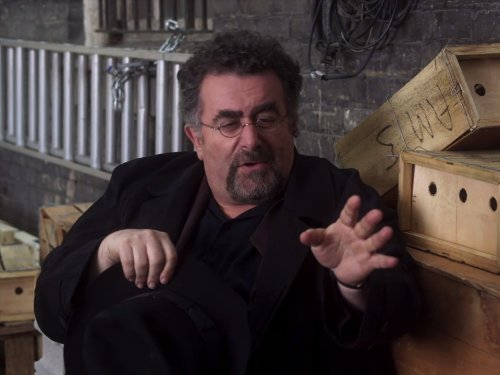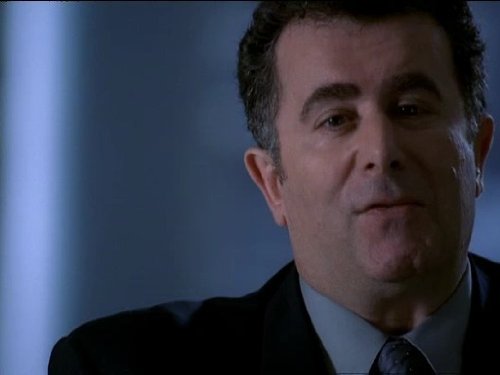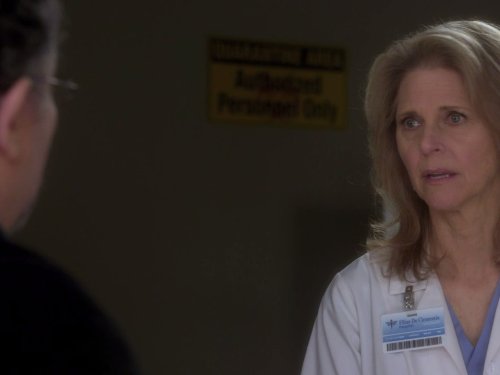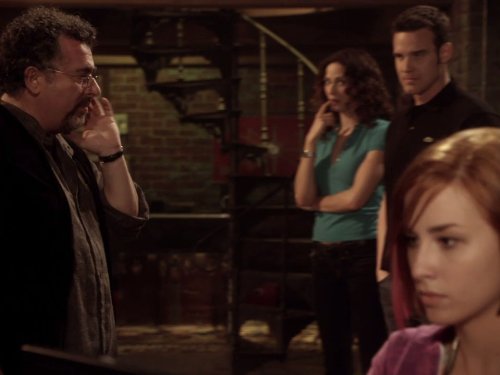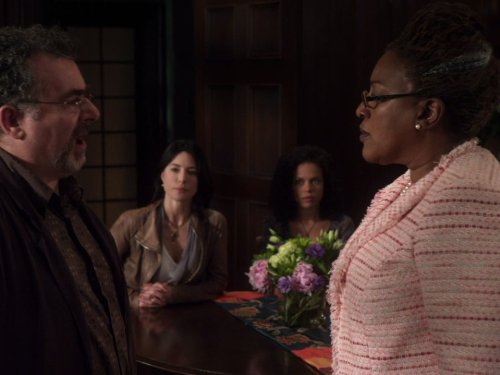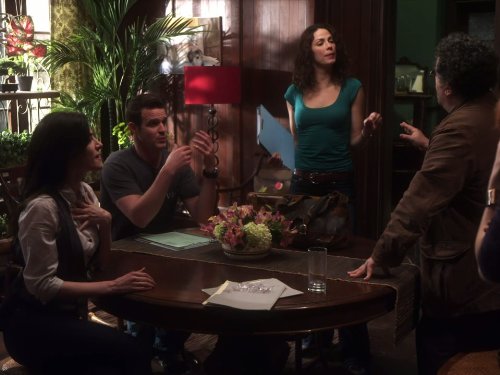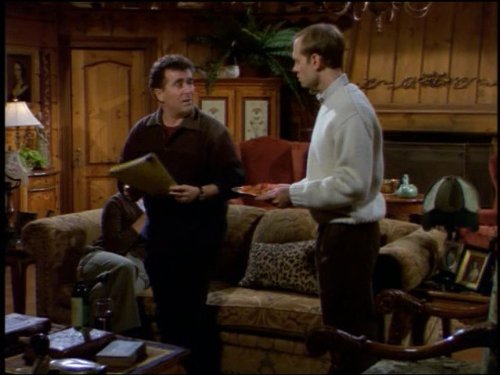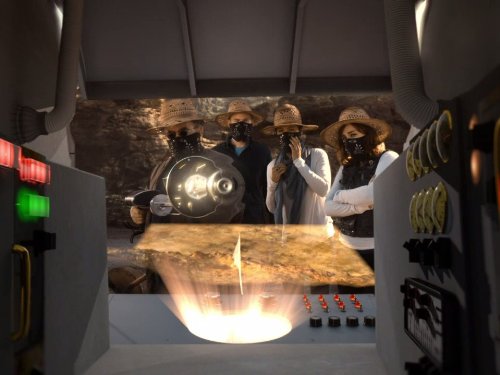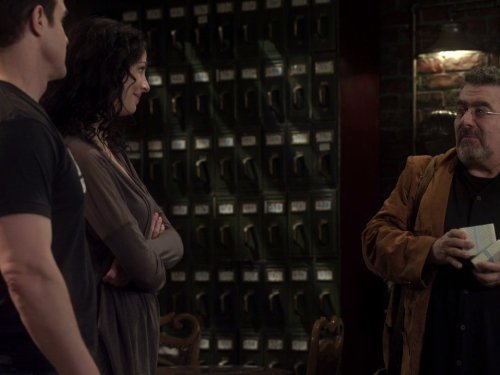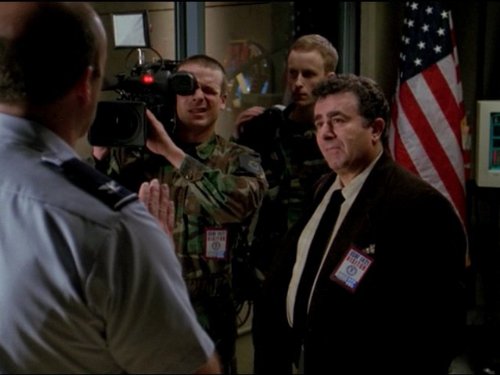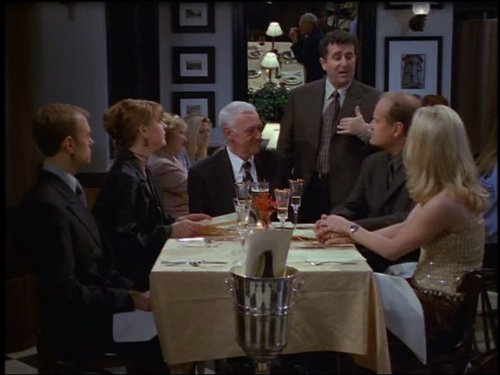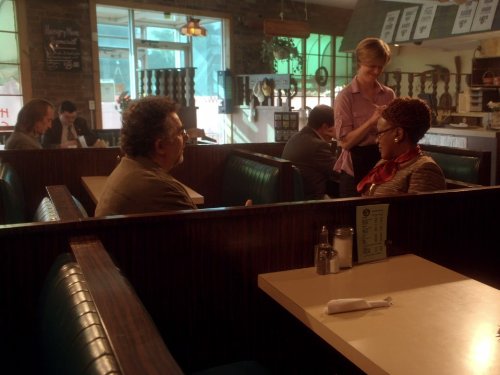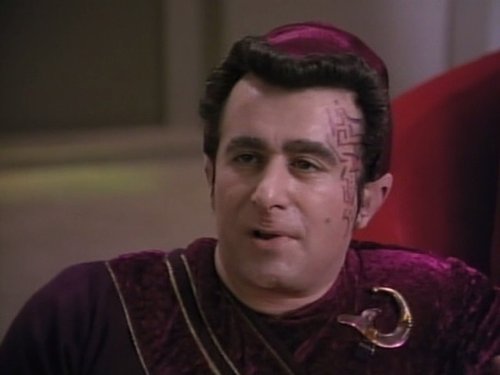Saul Rubinek was born in a refugee camp in Germany, after WWII, where his father ran a Yiddish Repertory Theatre company. Saul started his professional career as a child actor in theatre and radio in Canada. He was a member of the Stratford Shakespearean Festival company in Stratford, Ontario (1969-70) and, later, was a co-founder, actor and direct...
Show more »
Saul Rubinek was born in a refugee camp in Germany, after WWII, where his father ran a Yiddish Repertory Theatre company. Saul started his professional career as a child actor in theatre and radio in Canada. He was a member of the Stratford Shakespearean Festival company in Stratford, Ontario (1969-70) and, later, was a co-founder, actor and director of Theatre Le Hibou, Theatre Passe-Muraille and Toronto Free Theatre (1968-1974). Rubinek started working in the United States as an actor at the Public Theatre in New York (1979), and he divided his time between theatres in both countries for several years. He got his early training in film and television as an actor for the Canadian Broadcasting Corporation and he continues to work as a producer, writer and actor for Canadian independent features. He has also starred in these Canadian films: Ralph L. Thomas' Ticket to Heaven (1981) (Genie award: best supporting actor); Claude Jutra's By Design (1981) (Genie nomination: best actor); Robin Spry's Hitting Home (1988) (aka "Obsessed") (supporting actor nomination); Allan A. Goldstein's The Outside Chance of Maximilian Glick (1988) (Genie nomination: best actor); Mort Ransen's Falling Over Backwards (1990) and Eli Cohen's award-winning dramatic film, The Quarrel (1991), which was also co-produced by American Playhouse for PBS. Rubinek's work on U.S television spans three decades and includes recurring roles on The Equalizer (1985), guest-starring roles on Hill Street Blues (1981), L.A. Law (1986) (the final episode), Star Trek: The Next Generation (1987) (episode Star Trek: The Next Generation: The Most Toys (1990)) and The Outer Limits (1995). He has been a semi-regular on Frasier (1993). He has been nominated for awards for his work in stage, radio, television and film, winning DramaLogue awards for his "Touchstone" in Des McAnuff's La Jolla production of "As You Like It" (1984) and for directing Rick Cleveland's "Tom and Jerry" at Los Angeles' Met Theatre in 1994. In the United States, he played supporting roles in Rod Lurie's The Contender (2000) with Joan Allen and in Brett Ratner's The Family Man (2000), opposite Nicolas Cage. He also appeared as Henry Kissinger in Andrew Fleming's comedy Dick (1999). He starred in Jonathan Kaufer's independent film, Bad Manners (1997) with Bonnie Bedelia and David Strathairn. He was also featured in Oliver Stone's Nixon (1995) and on Showtime's award-winning Hiroshima (1995) for Roger Spottiswoode. Saul has co-starred in Tony Scott's dramatic thriller, True Romance (1993) with Christian Slater; in MGM's Getting Even with Dad (1994) with Macaulay Culkin and Ted Danson; in Disney's comedy-thriller I Love Trouble (1994) with Nick Nolte and Julia Roberts and also in HBO's award-winning drama, And the Band Played On (1993). He played the biographer, "W.W. Beauchamp", in Clint Eastwood's Academy Award-winning Unforgiven (1992). In 1997, Rubinek directed his first feature for Lions Gate Films, based on the play he previously directed, Jerry and Tom (1998). He also was producer on the film in partnership with his wife, Elinor Reid, and Ralph Zimmerman, Rubinek's long-time manager. The film was an official entry in competition at Sundance in 1998. He also directed Club Land (2001) for Showtime/Paramount. Rubinek, Elinor Reid and Ralph Zimmerman's company, Creative Differences, continues to develop and produce film and television. Penguin Books published (1987) Rubinek's non-fiction book, "So Many Miracles", an account of his parents' survival growing up in Poland during World War II. He wrote and produced an award-winning documentary (1988) of the same title So Many Miracles (1987) for CBC and PBS which chronicles his parents' reunion with the people who saved their lives during the Holocaust.
Show less «

